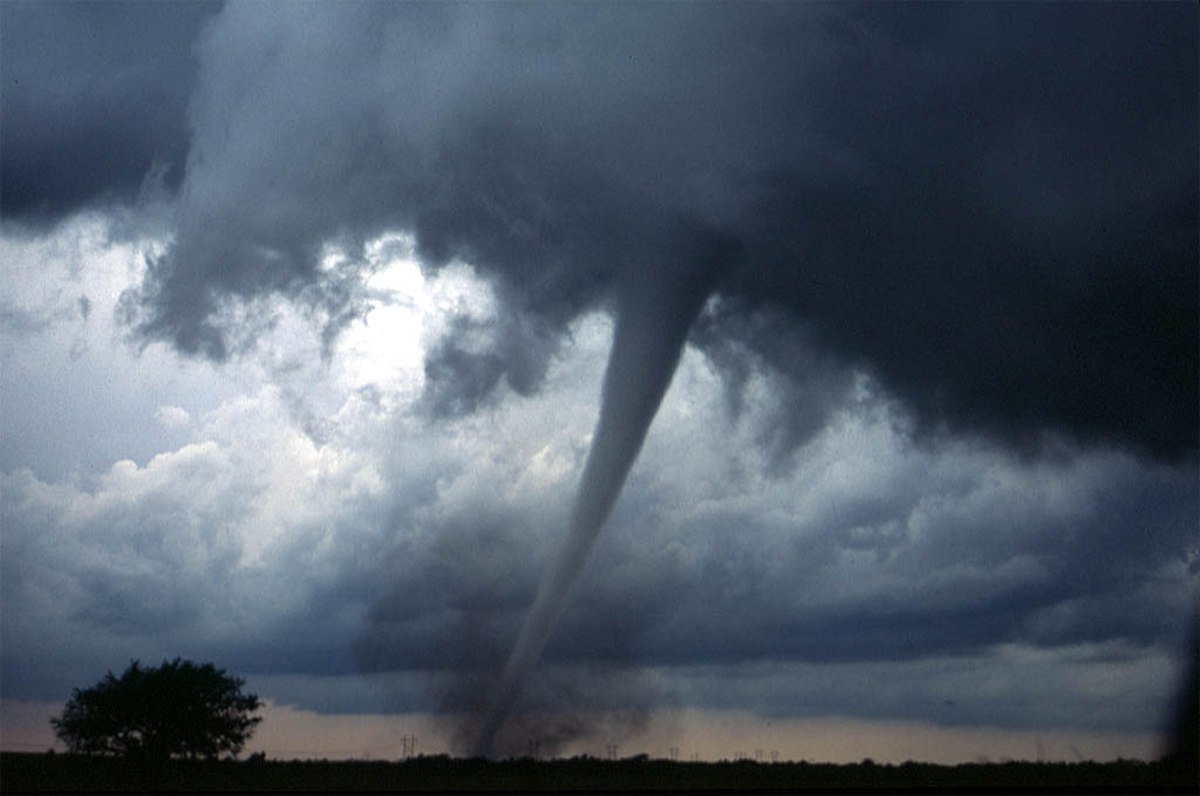
Severe Weather Awareness Week March 17-23
Article Presented By Hanes Total Healthcare Center…
(Columbus) – Ohio Governor Mike DeWine has designated March 17-23, 2024, as Severe Weather Awareness Week and is encouraging all Ohioans to prepare themselves for spring and summer weather hazards, including thunder, lightning, tornadoes, and floods.
Severe Weather Awareness Week is held annually each March.
“As evidenced by last week’s horrific tornadoes, it is so important that all Ohioans know what to do before, during, and after extreme weather events,” said Governor DeWine. “While it’s important to be prepared all year long, Severe Weather Awareness Week is an ideal time to review and practice emergency plans to be prepared and stay safe.”
At 9:50am on Wednesday, March 20, all Ohioans can participate in a statewide tornado drill and test their emergency and sheltering plans. Ohio counties may use this time to sound and test their outdoor warning sirens and mass notification systems. Businesses, schools, and households are also encouraged to practice their tornado drills and emergency plans.
“The statewide drill offers time to establish a safe shelter location before severe weather strikes,” said Ohio Emergency Management Agency Executive Director Sima Merick. “We know sheltering can save lives and encourage all Ohioans to make or review an existing emergency plan and be prepared.”
Planning is the first step in preparedness. Below are safety and preparedness tips to help you stay safe during inclement weather.
Safety & Preparedness Tips
Tornado Watch – Be Prepared: When conditions are favorable for the development of tornadoes. Be ready to move to a place of safety if the watch is upgraded to a warning or if threatening weather approaches.
Tornado Warning – Take Action: When a tornado is imminent or has been sighted. Warnings indicate impending danger to life and property. Seek safe shelter immediately.
Prepare for Severe Weather and Home Emergencies: Build a kit and make a plan. This includes having a severe weather kit for home and vehicle and creating an emergency plan/or updating your existing plan.
Ohio’s weather hazards from early spring into summer include snowmelt and flooding, tornadoes, and thunderstorms. Visit the OCSWA website to learn more about severe weather safety and preparedness.
Learn and practice evacuation routes, shelter plans, and flash flood response. Gather supplies, including non-perishable foods, cleaning supplies, and water for several days, in case you must leave immediately or if services are cut off in your area.
Never attempt to cross a flooded road on foot or in a vehicle. It only takes six inches of water to knock an adult off their feet, one foot of moving water can float a vehicle, and two feet of water can carry away most vehicles including pickup trucks and SUVs. Don’t chance it, find an alternative route!
Many Ohio counties have outdoor warning sirens that sound when severe weather is imminent. Outdoor warning sirens are designed to be heard outdoors.
Getting weather and emergency information from reliable sources is important. Always have multiple means of receiving communications such as a NOAA All-Hazards Weather Radio and local television media weather apps. Other great sources for communications are Emergency Alert System (EAS) sent over television and radio channels. Wireless Emergency Alerts (WEA) are free notifications delivered to mobile devices as part of a public safety system.

























